As part of the Scrum.org webinar “Ask a Professional Scrum Trainer – Martin Hinshelwood – Answering Your Most Pressing Scrum Questions” I was asked a number of questions. Since not only was I on the spot and live, I thought that I should answer each question that was asked again here, as well as those questions I did not get to.
In case you missed it, here is the recording of yesterday’s Ask a Professional Scrum Trainer webinar with Martin Hinshelwood! Watch here: http://ow.ly/ijiM50vwEkD
[Question] How do you handle conflicts between 2 people when one of them is a disciplinarian, within an agile environment?
The accountability for conflict resolution within a team lies with that Development Team and with the following escalation:
- The Development Team is responsible for who is on the team and not
- The Scrum Master is responsible for the Development Team’s understanding and implementation of Scrum.
- The Scrum Master is responsible for solving impediments.
The first focus needs to be on the Development Team to solve the problem, the second on giving the Scrum Team the skills required to do that. I want to help the Scrum Team understand the issue with this behaviour and then have it discussed at the next Sprint Retrospective. During the next Sprint I might try to facilitate the Scrum events a little differently to provide some discussion points for the next Sprint Retrospective. I would likely want to focus on facilitation techniques that promote everyone getting a voice, like the 1-2-4-All Liberating Structure. During the Events, or any discussions that involve the overbearing personality, when they try to asserts themselves, change tac immediately to the 1-2-4-All. In 1-2-4-All there is 1 minute of silent reflection, followed by 2 minutes in pairs, then 4 minutes in pairs-of-pairs, then have each group share their best idea with everyone. This should have the effect of mitigating the loud voice, allowing everyone to be heard, and you can focus on coaching that person to listen. Its important for the Scrum Master to have some skills in Life Coaching, and Cognitive Therapy. These additional skills can help a great Scrum Master more effectively be a guide for the Scrum Team.
At the Sprint Retrospective you may want to use “Heard, Seen, Respected” to have each team member share share a time when they were not heard. This could facilitate a conversation, and may provoke reflection in loud individuals. Be careful that you dont end up with too much conflict!
The Third escalation is the one that we dont want to have to enact, go back and try again with the first and second!
If all else fails then the Scrum Master may need to intervene, or provide intervention through whatever corporate processes that you have. If the Team cant solve the problem, and you have failed to coach that person, you may need to bring in outside help. If you have an Agile friendly HR that is able to provide additional coaching that would be awesome. If HR understands the value of Team, and folks working well together they may have some additional ideas.
If after all of those avenues have been exhausted then maybe the Team Member is the impediment.
There is nothing wrong with not being a good fit for a team. A team is a group of people, and people don’t always get along and no matters how much you focus on professionalism; there are always individuals that should not be in the same circles. Maybe you need to look for a way to place that person elsewhere in an environment that more suits their personality.
While there are no right answers there are some answers that are better than others. For your given situation select the most right answer, and iteration to the best version of it.
